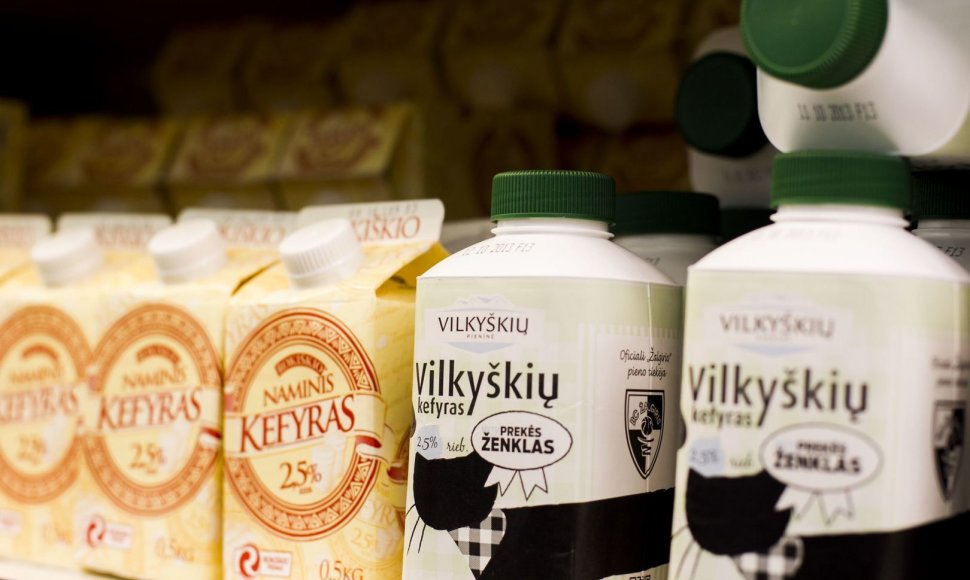Russia accounted for 33.7 percent of Lithuania’s dairy exports in January through July and the European Union (EU) – for 58.9 percent, data from the Lithuanian statistics office shows.
"I received information at noon that products had crossed the border but were not being cleared through internal customs posts. They say that the (information) system is not working, but according to unofficial information, Onishchenko's letter has reached the customs offices," said Krasuckis, the director of the ministry's Agricultural Production and Food Industry Department.
Gennady Onishchenko is the head of the Russian consumer rights protection service Rosportrebnadzor.
Krasuckis would not disclose the names of the companies whose products had been halted, saying that it was not official information. However, he said that "this is a blow to the largest producers."
One of Lithuania's largest dairy groups, Rokiškio Sūris, has confirmed that its exports to Russia have been halted.
"We'll process milk that was to be used for products for the Russian market into other products," Dalius Trumpa, the company's chairman, told the Vz.lt news website.
If the ban remains in place for several months, Lithuanian dairy producers will lose their foothold in the Russian market, Trumpa said.
"We'll have to start all work from scratch, which takes a lot of time and money," he said.












